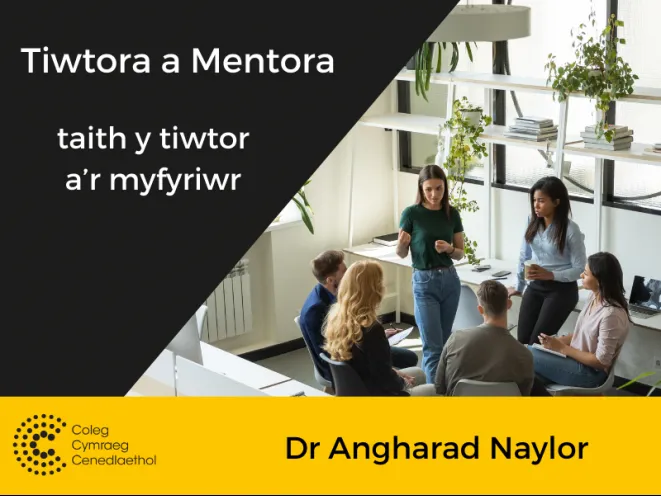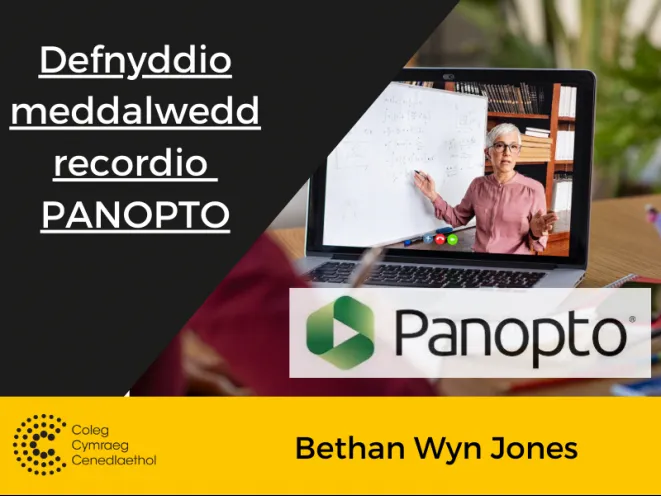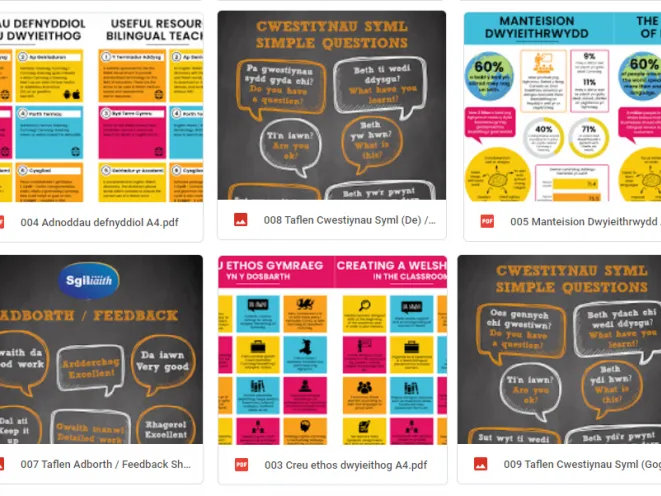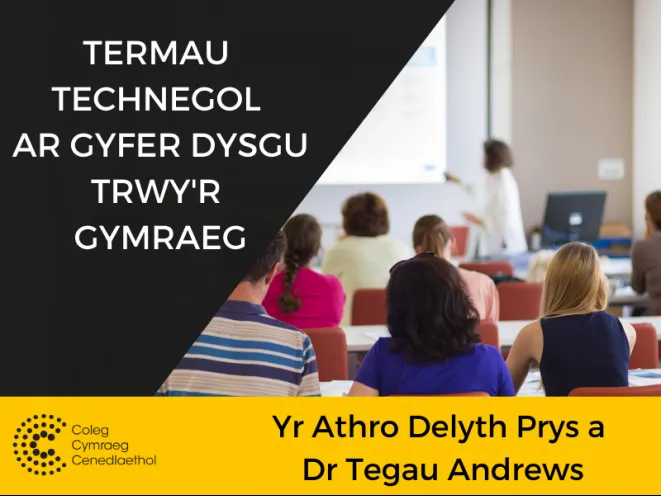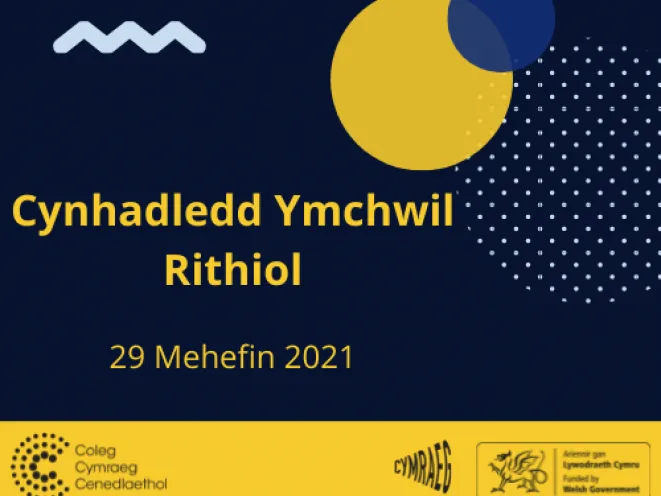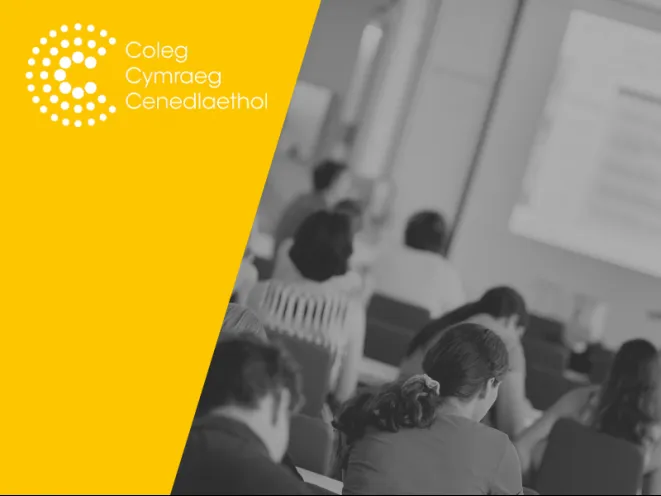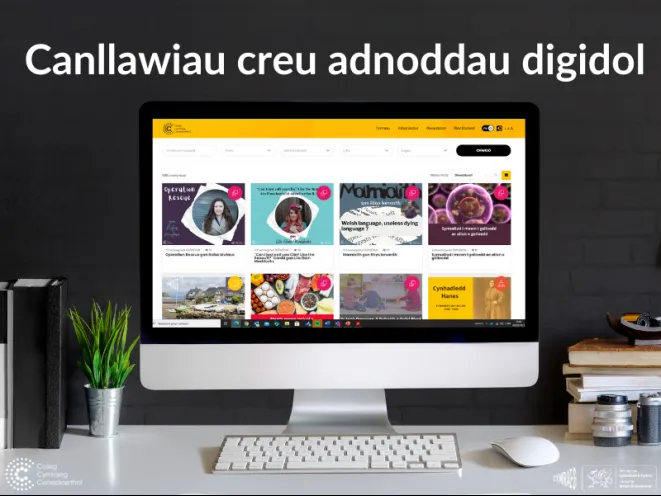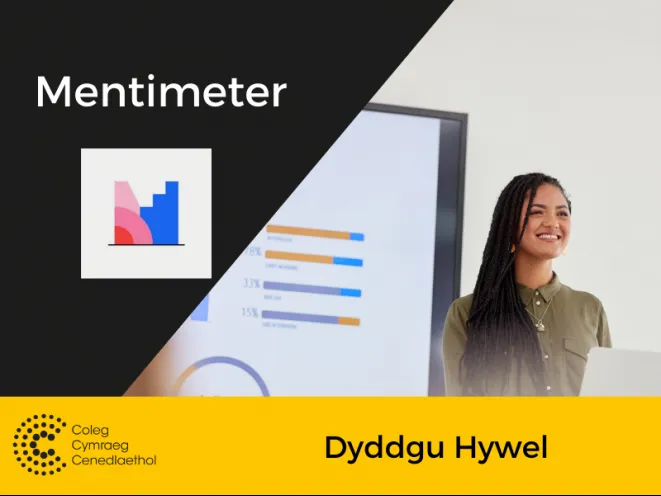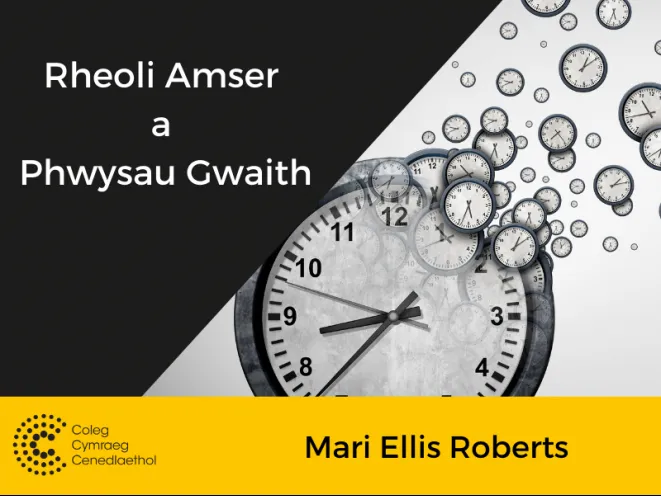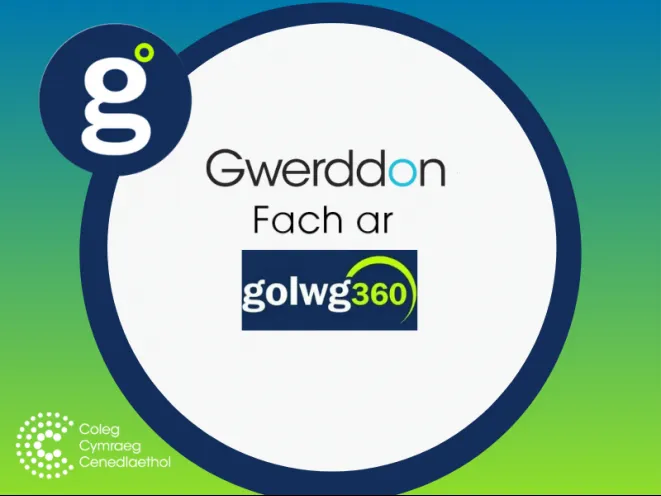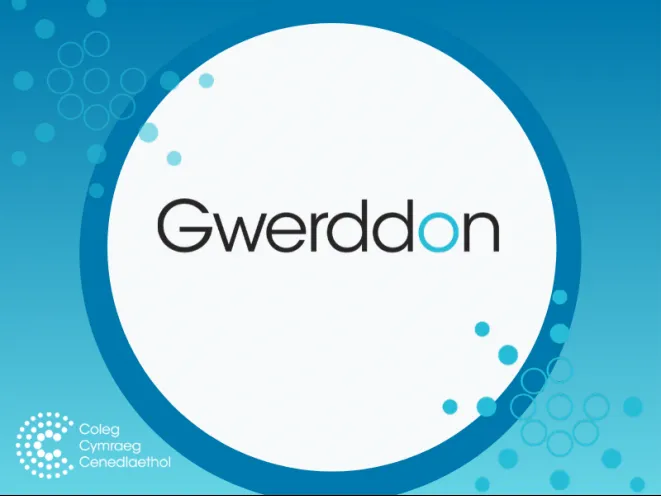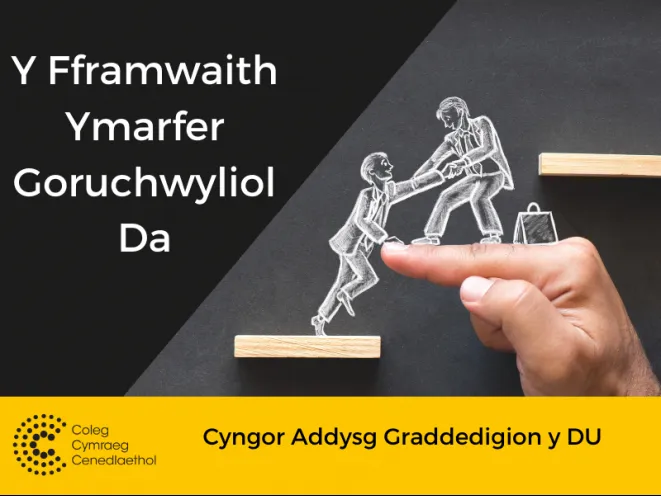The aims of this workshop are to: • Understand who the personal tutor is? • Introduce some of the key principles of personal tutoring • Consider the support available to personal tutors at local (e.g. school / department) and institutional level Contents: Personal tutoring is central to student experiences and personal tutoring programs offer students opportunities to receive guidance, advice and support on all kinds of things during their academic journey at university. Each individual's journey is different and personal tutoring programs are expected to meet the needs of different types of students as well as respond to institutional processes and procedures. This workshop offers an opportunity to consider some of the key underlying principles in the role of the personal tutor with reference to some expectations and practical steps that the tutor can apply to their role. At the end of this workshop trainees should be able to: • Define some of the main features in the role of a personal tutor • Identify what personal tutors need to consider when tutoring • Consider ways to support students in different situations and contexts • Consider ways to tailor a tutoring sessions to meet the needs of the student • Consider the importance of networking and partnering with students to develop effective tutoring approaches • Consider ways in which students can contribute to the tutoring process • Identify what is available to support personal tutors Presenter: Dr Angharad Naylor Dr Angharad Naylor is a Senior Lecturer at the School of Welsh, Cardiff University. She is the Director of Teaching and Learning and a Senior Personal Tutor.
Tutoring and Mentoring: tutor and student journey
Using Panopto recording software
This series explains how to use Panopto software, including how to record, edit, and share video clips with others and how to use Panopto for assessment. This resource includes: 1. Introduction A short video presentation explaining what Panopto recording software is and what it is used for. 2. Get started: Download the Panopto recorder How to download the Panopto recorder for Windows 3. Preparing your Blackboard site How to prepare your Blackboard site for Panopto (original and ultra course) 4. Create your first recording How to go about recording 5. Simple editing How to go about editing the beginning and end of a recording and removing part of the middle of a recording 6. Copy a recording from one folder to another How to copy a recording from one Panopto folder to another 7. Move a recording from one folder to another How to move a recording from one folder to another 8. Subtitles How to edit or delete subtitles 9. Setting the recording within a module structure How to install a link to a Panopto recording within Blackboard (site in original view) 10. Setting the recording within a module structure How to install a link to a Panopto recording within Blackboard (Ultra site) 11. Panopto for assessment: Creating an assignment folder How to create an assignment folder within your Blackboard site to enable students to submit work in video format 12. Uploading a video to the assignments folder Video for students on how to upload a file to the assignment folder 13. Setting a quiz within your recording Creating and installing quizzes within a recording - see the Sway Document 14. Sharing a recording with others How to share your video with others and viewing rights Presenter: Bethan Wyn Jones Bethan Wyn Jones is a Senior Learning Technologist at Bangor University and is also on a part-time secondment with the Coleg Cymraeg Cenedlaethol as an e-learning technologist. She has over 18 years experience working in the field of e-learning and specifically on the use of learning technology to promote Welsh medium provision within Higher Education.
Sgiliaith: Bilingual Teaching posters
Here is a series of posters by Sgiliaith that offer ideas on how you can start to use and introduce the Welsh language in your lessons. The posters are suitable for tutors and work based learning assessors, but would also be useful for teachers that are interested in incorporating more Welsh into their lessons. The poster series includes keywords on the following: Greetings Feedback Simple questions Bilingual Glossary for Tutors and Work based Learning Assessors The Advantages of Bilingualism Creating a Welsh Ethos in the Classroom Useful Resources Begin to Bilingualise an Online Lesson
Technical terminology for teaching through the medium of Welsh
Presenters: Professor Delyth Prys and Dr Tegau Andrews The aim of this workshop is to : Give an introduction to terminology standardization work, internationally and nationally, linking the theoretical and practical aspects, in order to explain the standardization process and its relevance to the work of the Coleg Cymraeg Cenedlaethol. Give staff and students at the Coleg Cymraeg Cenedlaethol a better understanding of the dictionary and terminology resources which are available, to help them write and communicate better using good, academic Welsh. Reveal how Welsh terms are coined and standardized, discussing the international standards which drive the process and introducing specific examples, so that interested parties can understand how these terms become part of our language. Provide initial guidance to authors, translators and project managers who have been funded by the Coleg Cymraeg Cenedlaethol to develop Welsh-language resources for students, explaining how terms are relevant to them and where terminology work fits within the timescale of creating resources. Content: A general overview of the dictionary and terminology resources available to staff and students of the Coleg Cymraeg Cenedlaethol. Practical support on how to use general dictionaries and on-line electronic terminology dictionaries. An explanation of how terms are standardized in Welsh, and the relevance of international standards to this process. An outline of the stages involved in developing resources for the Coleg Cymraeg Cenedlaethol, focusing on the role of terminology in these stages. At the end of the workshop, attendees should be able to: Have a better understanding of the importance of using standardized terminology in academic writing. Be able to use dictionary and terminology resources more effectively in their work and improve the standard of their academic Welsh. Know where to turn if they need further assistance with Welsh technical terms. Have a better understanding of the way in which terms are standardized for the Welsh language. Be able to plan new resources for students taking into account any essential terminology. Biographies: Professor Delyth Prys has been Senior Editor within the Centre for the Standardization of Welsh Terminology (now part of the Language Technologies Unit at Canolfan Bedwyr) since 1993, and has been the Head of the Language Technologies Unit since 2001. She leads a mixed team of linguists and software experts who develop innovative digital language tools for the Welsh language. Dr Tegau Andrews has been a Terminologist for the Coleg Cymraeg Cenedlaethol since 2009. During this time, she has developed Geiriadur Termau’r Coleg Cymraeg Cenedlaethol (the Coleg Cymraeg Cenedlaethol Terminological Dictionary) which has become one of the main terminological dictionaries for the Welsh language and includes definitions, diagrams and explanatory illustrations.
Online Research Conference 2021
This conference, held on 29 June 2021, was for anyone who is interested in multi-disciplinery academic research through the medium of Welsh. Scientists, humanists and sociologists from all over Wales and beyond were invited to share the results of their research and to meet other like-minded Welsh researchers. The aim of the conference was to give the next generation of academics the opportunity to present their research to an audience of peers. There was also an opportunity to network with Welsh-speaking researchers and to foster a wider community of academics who promote Welsh-medium provision in our universities. Click below to see a recording of the live conference that includes question and answer sessions on each of the presentations. There are also links to a series of research posters.
Behaviour Change Workshop
This resource is built on a series of behaviour change workshops. The resource is a presentation recording that conceptualizes rational and irrational behaviour, discusses the factors affecting the choice of Welsh medium higher education, and outlines a behaviour change framework and a worked example. The resource would be of relevance to anyone within the higher education sector seeking to use a behavioural approach to changing behaviour. Such an approach recognises the importance of framing decisions and the irrational character of behaviour, and has become popular amongst governments and policymakers. The presentation can be watched, and the worked example can provide some inspiration for using a behavioural approach.
A guide to creating digital resources (Canllawiau Creu Adnoddau Digidol)
These guidelines present different things that should be considered when creating digital learning resources. The guide refers to the following elements: Research and planning Authoring the content Accessibility and copyright Adding a resource on the Porth Adnoddau Resource creation toolkit (a list of software and packages) Resource creation checklist Accessibility checklist In addition, there is a link to the Welsh Language Commissioner's Bilingual Design Guide. This guide talks about how to introduce both languages when designing material.
Mentimeter
This is a workshop to get you started on using the Mentimeter website confidently in your teaching as a way of engaging with your students. www.mentimeter.com This workshop will benefit anyone who wants to develop and build on online teaching methods, innovative learning, online delivery and student engagement. Trainer background: This session is led by Dyddgu Hywel. Dyddgu studied BSc (Hons) Design and Technology Secondary Education leading to Qualified Teacher Status' at Bangor University, she graduated with first class honors. Her early career started as a Design and Technology A Level lecturer at Coleg Meirion Dwyfor, before being appointed as a Design and Technology teacher at Rhydywaun Comprehensive School. She’s now been working at Cardiff Metropolitan University for the last seven years, working as a senior lecturer in the School of Education, with her expertise in innovative teaching, student engagement and technology enhanced learning.
Managing your time and work pressure
At this uncertain time it can be a daunting task to manage time effectively. As many of us adjust to working remotely, while others learn to adapt to working in a different atmosphere on campus, time management can be challenging. This is a practical opportunity to review your personal style in terms of how you manage your work, people, administration, work-life balance and so on. Contents: Virtual working and managing various work pressures along with the challenges of care duties etc. have stretched most of us lately. This workshop will be an opportunity to think about these new pressures and the impact on our time, as well as an opportunity to consider ways of working more effectively both individually and as a team. At the end of this workshop trainees should be able to: • Identify problems and produce an action plan. • Identify patterns of procrastination. • Work better through effective planning and prioritising. • Make effective use of your diary/personal planner • Streamline/get rid of piles of paperwork and burdensome e-mails. • Make effective use of time with others. Mari Ellis Roberts Mari is a Human Resources Officer at Bangor University and is responsible for in-house Staff Development provision. She also manages the University's Motivation and Mentoring scheme and runs personal effectiveness workshops such as time management skills, effective goal setting etc.
Gwerddon Fach on Golwg 360 - contribute an article
Gwerddon Fach publishes short academic articles to give a wide audience a taste of the latest research by leading academics from Wales and beyond As well as publishing popular versions of longer articles that are published in Gwerddon's own e-journal, people are welcome to contribute short articles of around 600 - 1,000 words about any research that interests a wider audience - whether it's a report on their own and their colleagues' latest research, a response to major discoveries, public policy and current affairs or discussions, a report on the proceedings of an academic conference, or a simple introduction to complex research topics. If you are interested in contributing an article, please download the guide (see below) and contact Dr Hywel Griffiths, Assistant Editor Gwerddon: hmg@aber.ac.uk. Website: https://golwg.360.cymru/gwerddon
Gwerddon - contribute an article
Gwerddon is a Welsh-medium academic e-journal which publishes research in the Arts, the Humanities and the Sciences twice a year and which conforms to the academic guidelines of the Research Excellence Framework 2014. The journal has two main aims, which are to stimulate and encourage first-class academic discussion across as wide a range of subjects as possible through the medium of Welsh and thereby to create a store of scholarly material for the use of research students and academics. Gwerddon is funded by the Coleg Cymraeg Cenedlaethol. Website: http://gwerddon.cymru
The Good Supervisory Practice Framework
The Good Supervisory Practice Framework acknowledges, for the first time at a national level, the wide-ranging, highly complex and demanding set of roles involved in modern research supervision. Designed to set expectations for all supervisors and to support supervisor development programmes, the framework is authored by Professor Stan Taylor of Durham University, and is based upon the extensive body of academic research into supervision. Further information on the Research Supervision Recognition Program and the route to recognition is provided below. Contact Lois McGrath to discuss further: l.mcgrath@colegcymraeg.ac.uk UKCGE Website

